
The Inner Lives of Markets
How People Shape Them – And They Shape Us
ISBN: 9781610394925
Pages: 224
Recommendation
In the 21st century, markets in which competing sellers and multiple buyers meet face-to-face and haggle over prices are increasingly rare; that’s the classic free market model guided by an invisible hand. Instead, platforms like eBay are emerging in ever-increasing numbers, transforming marketplaces and replacing the invisible hand with customized interactions among participants. In this enlightening travelogue of markets and economic theories, authors Ray Fisman and Tim Sullivan use a breezy, anecdotal style to illuminate how people make decisions in their day-to-day economic lives in this newly emerging world. getAbstract recommends this intriguing overview to general readers as well as to executives and investors.
Summary
About the Authors
Ray Fisman teaches behavioral economics at Boston University and wrote The Org and Economic Gangsters. Tim Sullivan is the editorial director of Harvard Business Review Press and also wrote The Org.







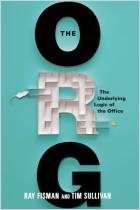
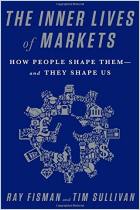
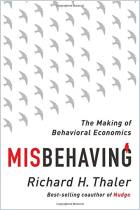
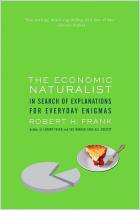
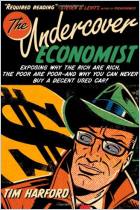

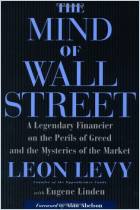


Comment on this summary or Démarrer une discussion